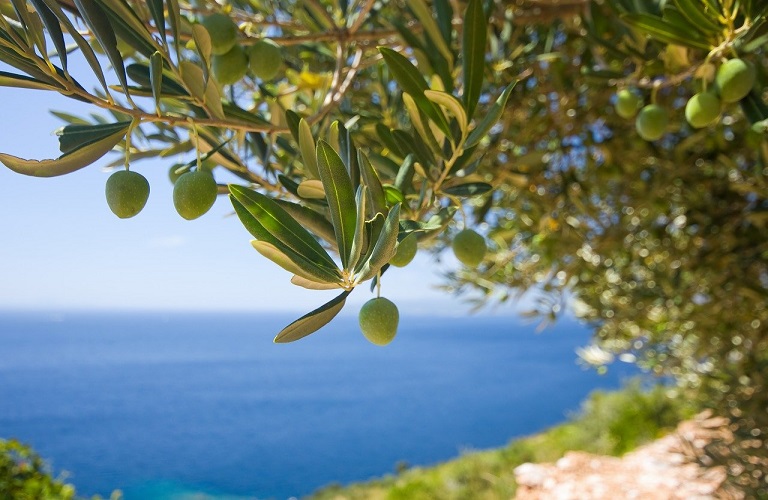In its report the Special Working Group of the Region of Crete concluded that the production of olive oil on the island is expected to be significantly reduced compared to last year, with several areas even experiencing complete fruitlessness.
The Working Group processed data concerning rainfall, temperature, and other more specialized meteorological indicators, as well as estimates of olive oil production in the Regional Units of Crete.
According to the report, there is a substantial downturn in olive oil production this year, with several areas of Crete witnessing complete fruitlessness. This phenomenon extends beyond the typical fluctuations observed in alternate bearing patterns, indicating a deeper challenge for the olive farming sector. The mild winter of 2022-2023 exacerbated the situation, failing to provide the requisite low temperatures crucial for flower development, notably impacting olive varieties cultivated in Crete.
Moreover, significant damage occurred during the flowering period due to prevalent rainfall, washing away pollen and hindering fruit formation—a phenomenon evident throughout Crete this year.
In addition, certain areas face severe tree stress induced by prolonged water scarcity during summer months, reflecting the region’s limited rainfall over the past 2-3 years. The result is a dramatic reduction in fruitfulness and the depletion of trees, which has long-term consequences.
Despite a notable spike in olive oil prices this year, the sustainability of olive groves in recent times has been tested by soaring production costs, modest product prices, and the multifaceted challenges stemming from the climate crisis.




